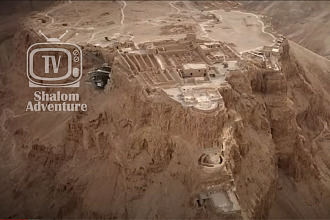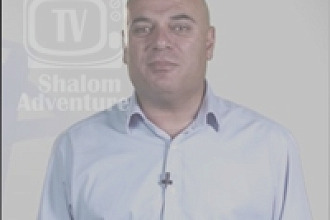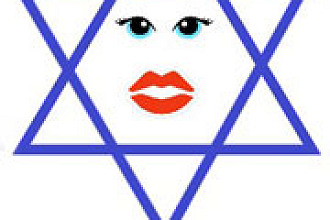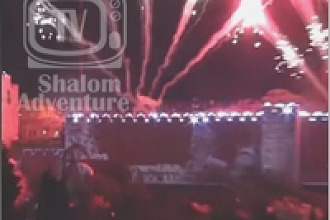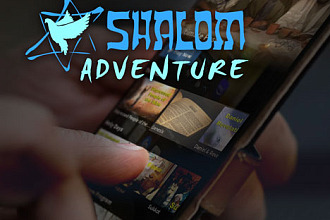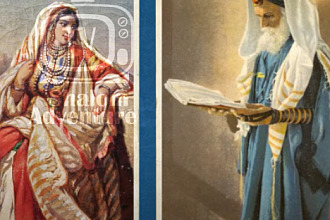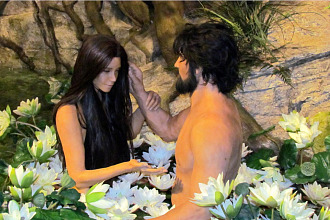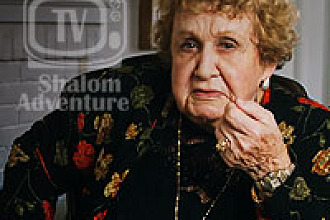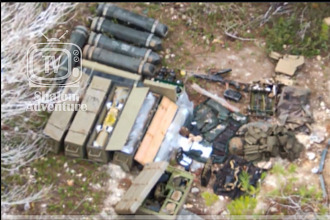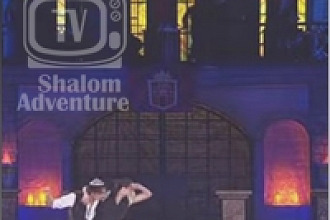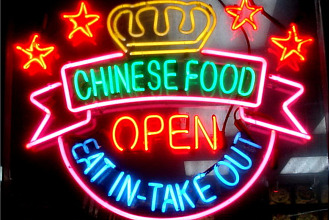Interview with Dr. Lawrence Hoffman
Dr. Hoffman is Professor of Liturgy and Director of the Synagogue 2000 Initiative for synagogue spirituality, Hebrew Union College—Jewish Institute of Religion and an ordained rabbi.
Shabbat Shalom: Are Jewish festivals still relevant today?
Hoffman: Expressions such as "I'm killing time," or "I had the time of my life!" betray the human need to structure life by a time line with ups and downs, highs and lows. If that line levels out, we become "dis-spirited"—the way a patient is pronounced dead when vital signs level out on a hospital monitor. Festivals remain relevant because they differentiate the merely "momentary" from the truly "momentous."
Everyone arranges life with a calendar. The question is, Which one? The holiest day on a corporate calendar might be the annual shareholder meeting, when the firm recollects its modest beginnings compared to current earnings. The Jewish calendar prefers a new year celebrated by wiping clean the slate of sin.
Religious festivals matter also because they have the potential to deepen us as human beings. The capacity for human emotion is learned; it is not innate. There are people, for instance, who love humanity in the abstract; born with reason, they have reasoned their way to the proposition that the world should be saved from tragedy. Yet, ironically enough, they dismiss the pain of individuals—because reason alone cannot develop human empathy. That is where holy days come in; their accompanying rituals instruct us in empathy, and make fully moral behavior possible. Every Yom Hasho'ah, for instance, I cry for nameless others as if they were my own.
Other holy days carry other emotions. I know how to celebrate freedom because at every Passover seder I rehearse the glorious fact that God took me out of Egypt. I experience the reality of sin and the greatness of forgiveness every Yom Kippur. And because I dress up in costume every Purim, I never lose the sense of childhood innocence. Observing Jewish festivals makes me a profoundly deeper human being.
Shabbat Shalom: How should we keep festivals to make them meaningful?
Hoffman: Old rituals are newly reinterpreted; or old interpretations are given new rituals. Both processes may occur, but under different circumstances. In charismatic or hierarchical systems of authority, change comes from above: a Hasidic rebbe, say, announces a new practice, and people do it. But overall, Judaism has favored neither charisma nor hierarchy, so changes tend to occur from the bottom up—a community initiates a practice and others emulate it until it becomes common custom. Meaningfulness, then, requires a given community's willingness to take responsibility for its own religious practice. Local rabbis, who constitute on-site religious leadership, become very important in the process.
The Jewish system of local adaptation and trust in the public leads arch-conservatives to reject all innovations just because they are innovations, thereby killing the very festivals they want to protect. Alternatively, ardent innovators who want to retain festivals at all costs may end up pandering to the public—like my child-centered culture here in America, which repackages deeply religious practices as pediatric kiddy-events. We also run the risk of commercialization—such as rampant Hanukkah gift-giving at the expense of its symbolism of light. So we need both courage and caution: courage to welcome contemporary cultural expression into our rituals; but caution enough to do so with care.



